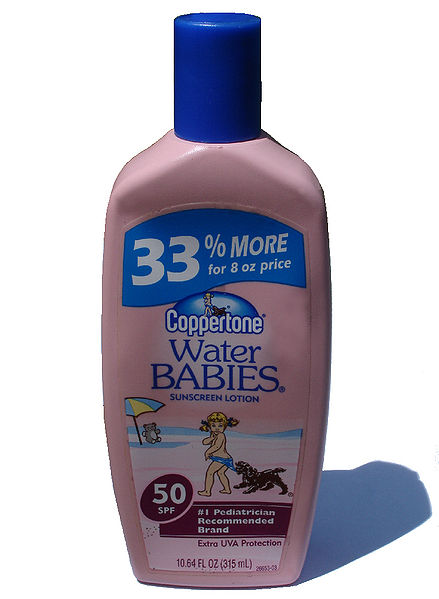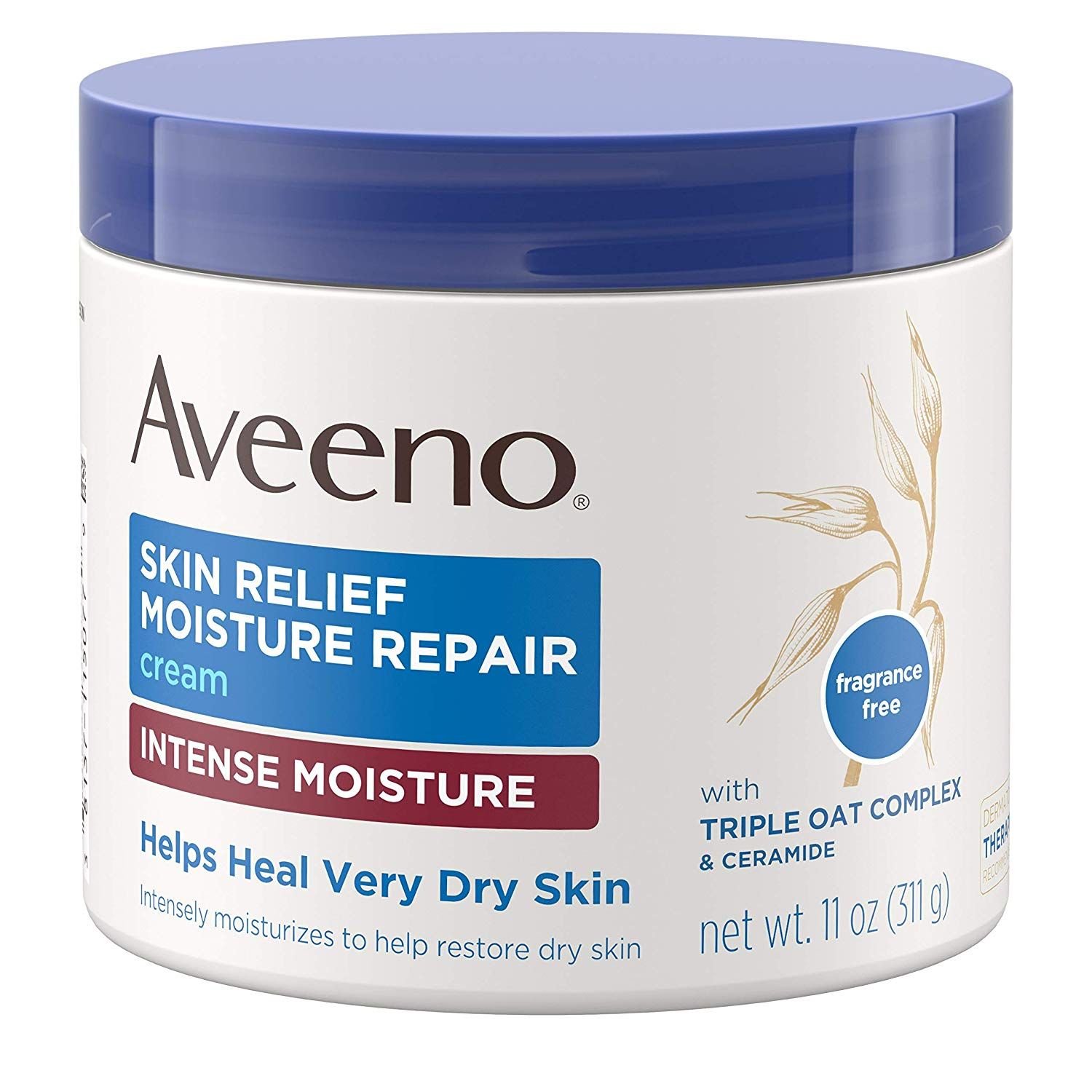
Best sunscreen moisturizer skin#
While that may be the case for some sunscreens, this option from Hero Cosmetics is actually designed with acne-prone skin in mind. Those with acne-prone skin often shy away from sunscreen, fearing it’ll be greasy and pore-clogging.
Best sunscreen moisturizer free#
Type: Mineral | Active Ingredients: Zinc oxide | SPF: 50 | Size: 1.7 oz | Free of: Parabens, fragrance, formaldehyde, phthalates, oxybenzone, octinoxate | Water-Resistant: No | Cruelty-Free: Yes We also recommend it for those who wear makeup every day, as it lays well under makeup. It leaves behind an invisible finish, so there’s no need to worry about a pesky white cast, and it also makes an excellent base for makeup.Ī great choice for anyone short on time or interested in multi-use products, this two-in-one formula addresses skin concerns like dark spots and protects the skin from the sun. The formula offers broad-spectrum SPF 50 protection against UVA and UVB rays via non-nano zinc oxide (meaning the sunscreen won’t penetrate your skin) and offers several skincare benefits thanks to plankton extract, which addresses hyperpigmentation and clary sage ferment, which evens out the complexion. Brandt Skincare has our stamp of approval. When it comes to sunscreen that doubles as skincare, this luxe serum from Dr. Product can get stuck in the dropper easily


Type: Mineral | Active Ingredients: Zinc oxide | SPF: 30 | Size: 1.7 oz | Free of: Chemical sunscreens, parabens, phthalates | Cruelty-Free: Yes It’s also worth looking into if you have anti-aging concerns, like fine lines and wrinkles. This is a nice choice for those with oily, acne-prone skin, as the formula doesn’t weigh down the skin or contain pore-clogging oils. We also love that the applicator makes it easy to dole out the ideal amount of product for all-day coverage. Our testing found that it blends beautifully into the skin and doesn't pill when makeup is layered on top of it. (And we’ve used a lot of them.) It’s oil-free-a win for those with oily, acne-prone skin-and contains hydrating sea buckthorn, anti-inflammatory ferulic acid, and antioxidant lingonberry to help your skin repair itself. Zinc oxide naturally has a white, pasty tint, but this goes on more sheer, both in color and feeling, than any mineral formula we’ve ever used. It contains zinc oxide-a go-to ingredient for creating a barrier between harmful UV rays and your skin. If you’re going to reach for one sunscreen day in and day out, make it this one. If you have dry skin, you may want to layer a moisturizer underneath Marisa Garshick, MD, to bring you a well-rounded list of SPF options. We then paired those insights with the recommendations of board-certified dermatologist Dr. We tested each in our Manhattan-based testing facility and for a few weeks at home. To help break down which mineral formulas are the cremé de la creme (in other words, worth your money and time), we went to work researching and trying 52 top-rated sunscreens-spanning a range of budgets, skin types, and concerns-for ourselves. Plus, this iteration is believed to be slightly less effective than mineral options. The chemical options, which absorb UV rays (to prevent your skin from doing so), have come under some scrutiny due to recent findings concerning their ability to penetrate the bloodstream.

And, as if you needed another reason to consider mineral-based formulas, they also tend to be much less irritating, especially if you have sensitive skin. The main ingredients in mineral sunscreens (aka titanium dioxide and zinc oxide) are deemed generally safe and effective by the FDA because they create a physical barrier between your skin and UV rays. Mineral sunscreens are physical blockers that deflect the rays away from the skin. While both types can help protect your skin from aging damage and skin cancer, they have plenty of differences.

But how do you do that? Well, for starters, decide between a mineral or a chemical sunscreen. It’s imperative that you find a sunscreen you like, you’re actually going to use, and that’s proven effective. When it comes to sunscreen, the absolute most important thing is that you’re using one.


 0 kommentar(er)
0 kommentar(er)
